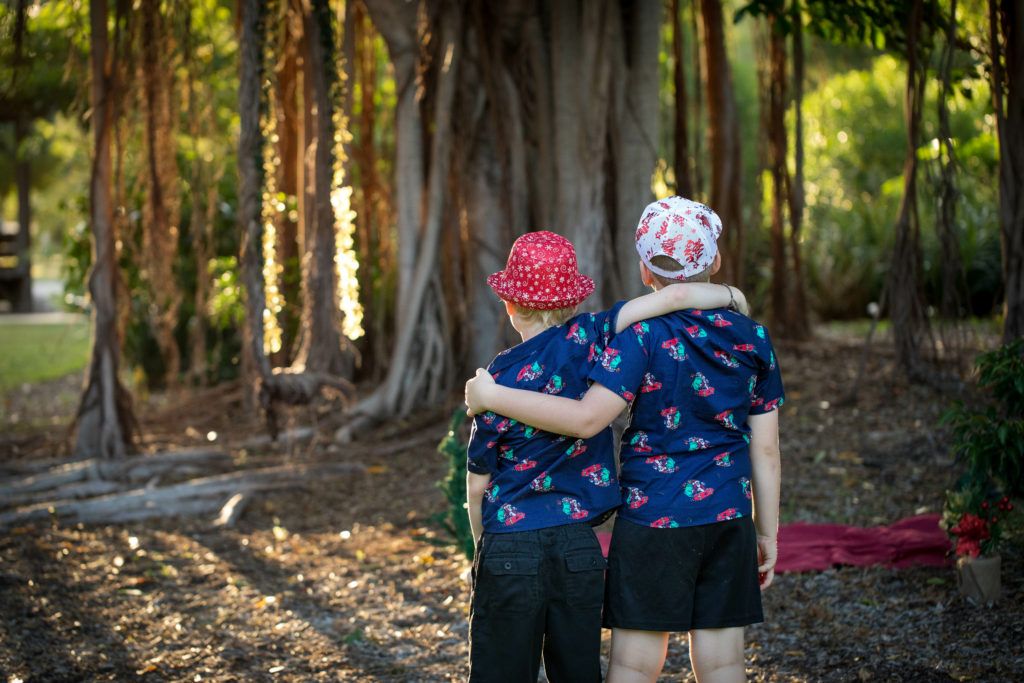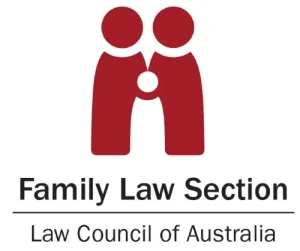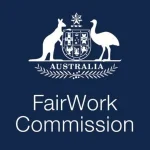How to navigate Christmas arrangements as separated parents

The expected rise in COVID-19 transmission means everyone should be aware of their rights and responsibilities when it comes to safety at work and workers compensation.

The expected rise in COVID-19 transmission means everyone should be aware of their rights and responsibilities when it comes to safety at work and workers compensation.
We would love to speak with you.
Call now on (08) 8632 2777 or fill out our contact form.






Liability limited by a scheme approved under Professional Standards Legislation.
Boylan Lawyers acknowledges and pays respect to the past, present and future Traditional Custodians and Elders of this nation and the continuation of cultural, spiritual and educational practices of Aboriginal and Torres Strait Islander peoples.